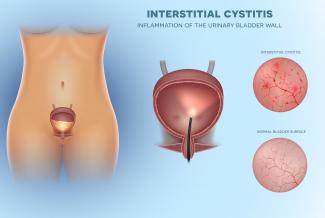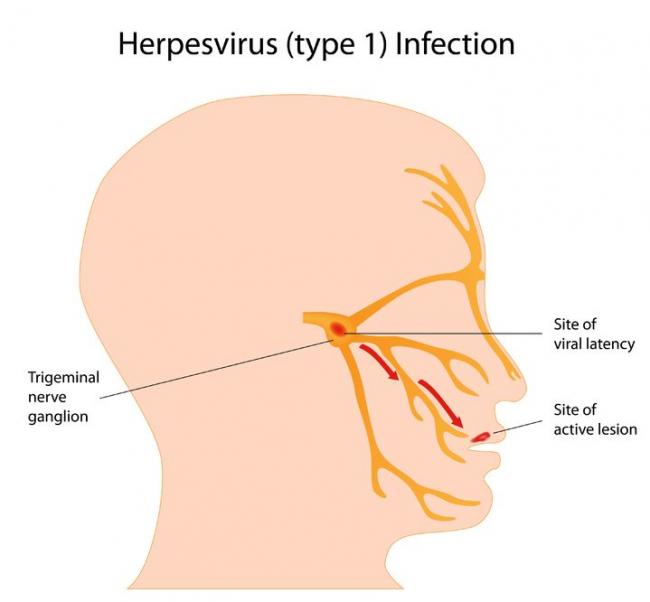Water exercise for coronary artery disease patients
It is important to assess the effectiveness and efficiency of water-based training programs in order to prescribe it as an alternative in cardiac rehabilitation for patients who have coronary artery disease (CAD) (1). In these patients, autonomic dysfunction is an important physiological change strongly associated with adverse outcomes, morbidity, and mortality. This study aimed to evaluate the effects of water aerobic exercise training (WAET) on the autonomic modulation of heart rate (HR) and body composition, in the rehabilitation of CAD patients. Twenty-six male subjects with CAD were randomly divided into a training group, submitted to the WAET, and a control group. The WAET consisted of 3 weekly sessions on alternate days, totalling 48 sessions. The results showed that only the training group participants had improvement in the HR variability indices; patterns without variation decreased and an increase of patterns of two different variations , Shannon entropy, and normalized conditional entropy, whereas the control group had an increase of 0V (p = .04) and a decrease of normalized conditional entropy. All body composition variables remained unchanged.
References (1) Fiogbe E, et al. Water exercise in coronary artery disease patients, effects on heart rate variability, and body composition: A randomized controlled trial. Physiother Res Int. 2018; doi: 10.1002/pri.1713.
References (1) Fiogbe E, et al. Water exercise in coronary artery disease patients, effects on heart rate variability, and body composition: A randomized controlled trial. Physiother Res Int. 2018; doi: 10.1002/pri.1713.











